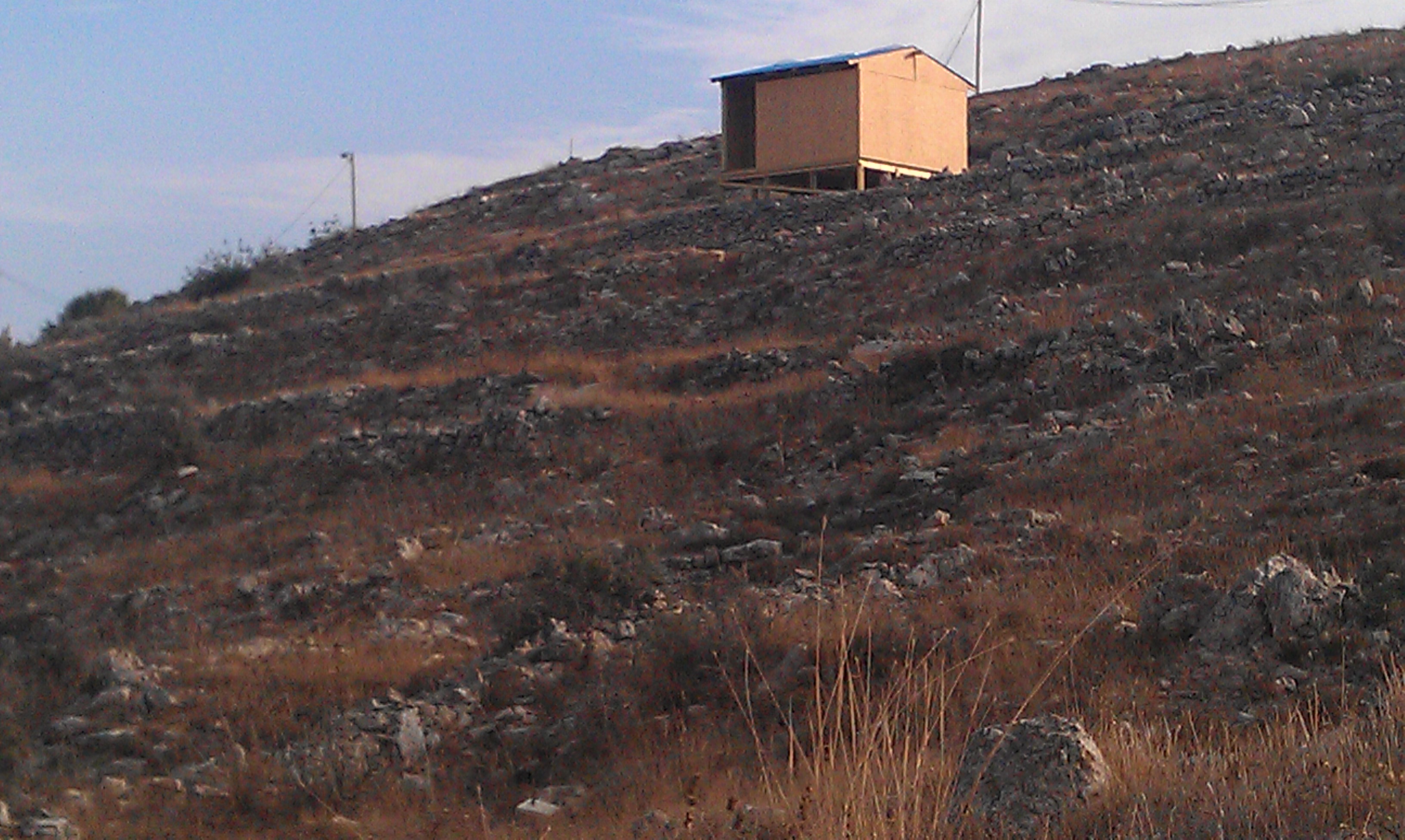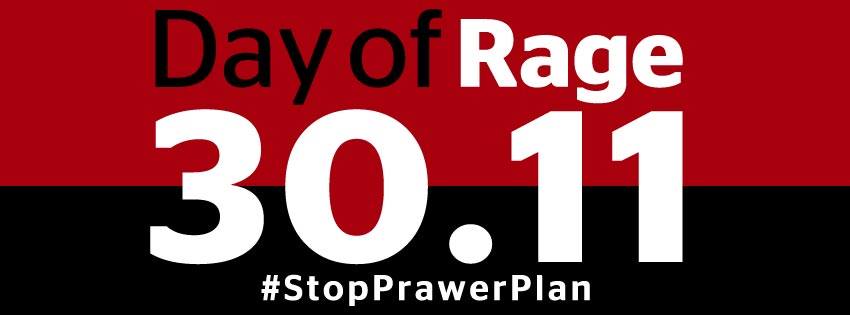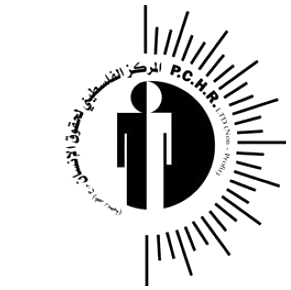Year: 2013
-
Settlement expansion in Hebron encroaches on Palestinian land
10th November 2013 | International Solidarity Movement, Khalil Team | Hebron, Occupied Palestine The attempted expansion of Kiryat Arba, the largest settlement in Khalil (Hebron), threatens to further reassign land boundaries. This would affect the livelihoods of several Palestinian families who have long been subject to harassment and violence. On Tuesday 5th November, international activists were…
-
Join Palestinians on November 30th to protest against the Prawer plan
10th November 2013 | Prawer Won’t Pass Campaign | Occupied Palestine On 24th of June, the Israeli Knesset approved the Prawer-Begin plan, which if implemented will result in the destruction of more than 35 unrecognized villages in Al-Naqab and the forced expulsion and confinement of more than 70,000 Palestinian Bedouins. The Prawer plan is the largest Israeli…
-
After Gaza Power Plant Forced off, Humanitarian Conditions of Approximately 1.7 million Palestinians in the Gaza Strip Deteriorate
8th November 2013 | Palestinian Centre for Human Rights| Occupied Palestine The Palestinian Centre for Human Rights (PCHR) expresses deep concern over the deterioration of humanitarian conditions of the civilian population due to the aggravation of the electricity crisis in the Gaza Strip. On Friday morning, 01 November 2013, the operation of the Gaza power…



